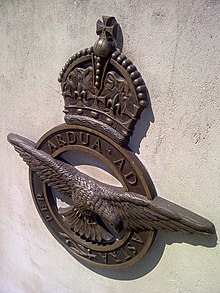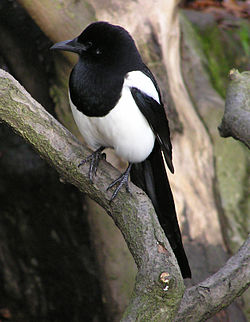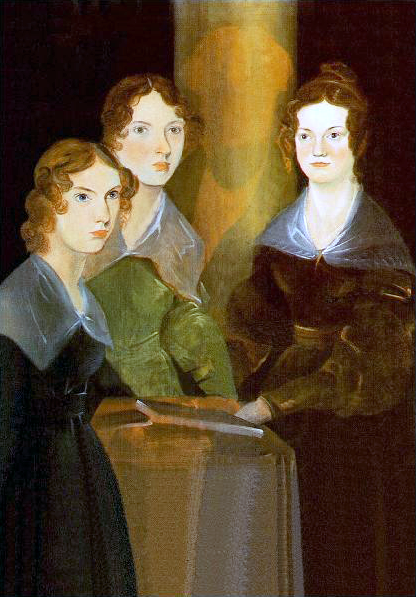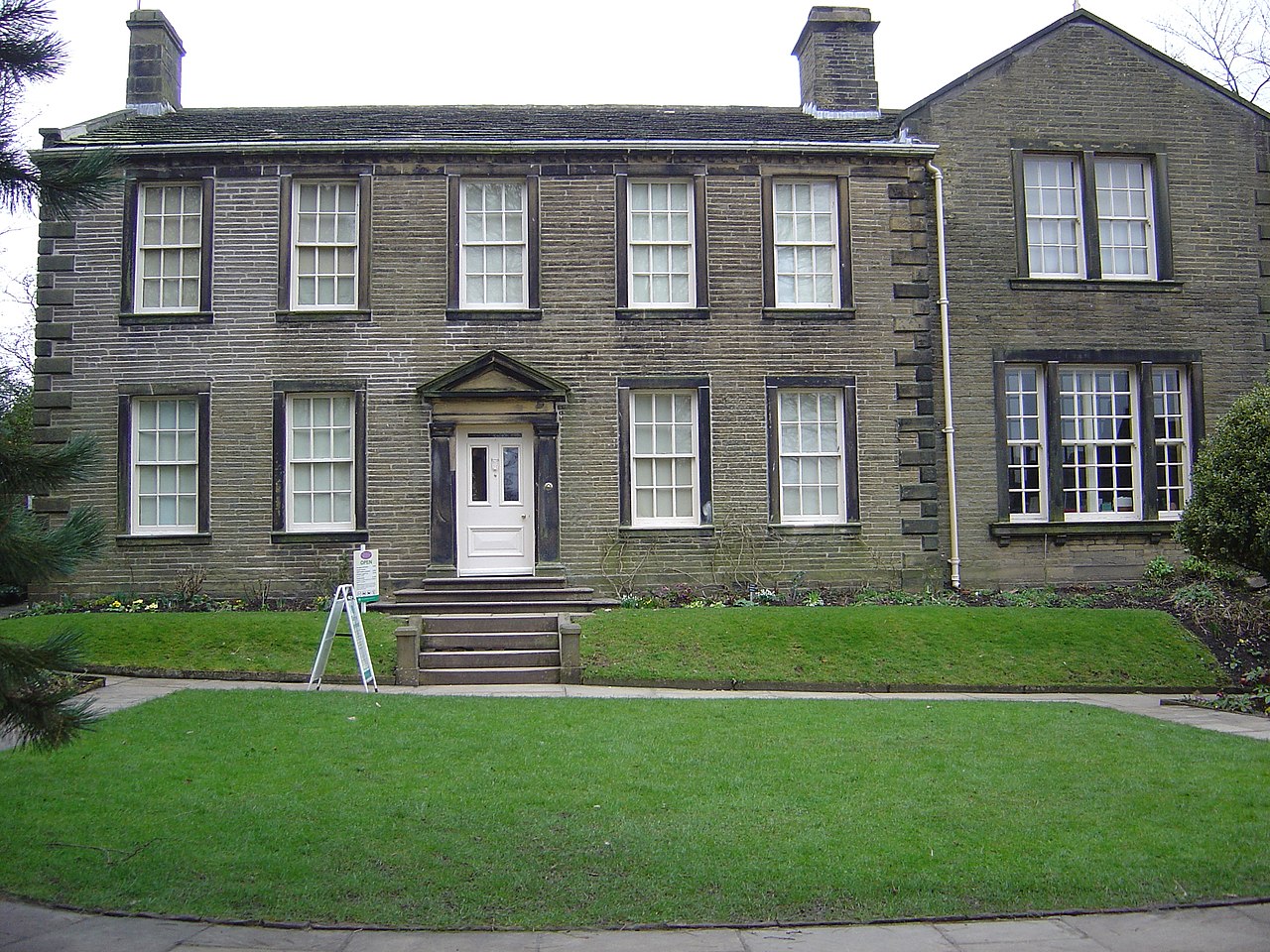Tags
Act of Attainder, Assizes, Cain, Chief justice, Colchester oysters, Dame Alice Lisle, Ellingham, equivocation, Great Hall Winchester, John Hickes, Judas, Judge Jeffreys, Kings Bench, Machiavelli, Milk human kindness, Monmouth Rebellion, Moyles Court, Nelthorpe, Nero, Presbyterian, Satan, The Eclipse, The Rising Sunne, The Tower, treason, Wapping, Whigs, Winchester
A re-blog from August, 2013
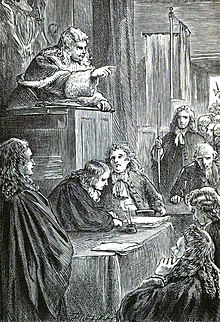
THE EQUIVOCATION OF THE FIEND
Maybe a writ of Habeas Corpus will liberate me from my confinement
and then I can steal away from this loathsome Tower and gain passage
abroad, but there is no Court competent to assist me in this wise and now
I am fast losing strength. I am supposed to be thankful for the protection
I have, while the country demands that a retrospective Act of Attainder
should result in my condemnation for multitudinous murders.
The wheel has come full circle. A mob had congregated outside my
house in Duke Street and mocked the bills which announced the sale of
my property. Women screamed, offering me their garters that I should
hang myself thereby and men raged, advising me to cut my own throat.
I downed another bottle of brandy and shut out their clamour.
However, I seemed to have one remaining friend – someone who knew of
my predilection for Colchester oysters. A barrel had been left for me at
the Tower and I burst its bands eagerly. Inside there was naught but
shells and a halter. I apprehended its hint. The delivery youth jeered:
“Canst tell how an oyster makes its shell?”
He is not so dim as he looks.

Imagine: Chief Justice of the King’s Bench at thirty five and Lord
Chancellor before my fortieth birthday. I followed orders and to this
attribute my rapid promotion and even more sudden declension.I had
another birthday recently and there was none to exercise common
charity towards me, or to share a celebration. I stand accused of a
lack of the milk of human kindness.
I will never be permitted to forget the trial of Dame Alice Lisle. In
contrast, she was deemed to have shown exemplary, even saintly,
compassion and hospitality towards distressed fugitives, but there was
considerably more to the case than was imputed.
I was compared unfavourably to Nero, Satan, Cain and Judas, but I only
sent Whigs to Heaven. It was common practice to lash rogues with the
tongue and, after all, I cross-examined some of the deepest-dyed
criminals in the land. Their weeping and cries for mercy only served as
an irritant. How difficult it was to extract the truth from Presbyterian
liars and I grew adept at smelling one out at forty miles, hence the posy of
herbs that I was wont to hold to my nostrils. Severities may be properly
used, I believe, in common with Machiavelli, if they are appropriate with
national security.

Yes, Dame Alice, I turned a deaf ear to your plea and you could not hear
the foreman’s delivery of the verdict, by virtue of your three score years
and ten’s infirmity.
A witch, I thought, whose husband had been a regicide and now the old
crone was denying knowledge of the nature of the indictments against
John Hickes and Nelthorpe, initially denying their presence in her house,
Moyles Court. Subsequently she pleaded that she had understood Hickes’
offence to be merely illegal preaching. She stressed that she had no
sympathy with the Monmouth rebellion, but I persuaded the jury to re-
consider their verdict and, on the third occasion, she was pronounced
guilty, and rightly so, for the Law recognised no distinction between
principals and accessories to treason. “Let the old witch burn,” I ranted,
“and let it be this very afternoon!”

The interfering Winchester clergy appealed to me on account of her age
and sex and they gained a respite. Our Sovereign commuted the sentence
to beheading, out of his merciful bounteousness.
Now the populace desire that I should shere her fate. I am eclipsed- ha!-
a play on the title of the marketplace inn where she spent her final night,
before walking out of the first storey window, onto the scaffold. They
said it was ever after “The Eclipse” as it drew all attention from its
neighbouring public house: “The Rising Sunne.”
Barter gave us the information. She had entertained, concealed,
comforted and maintained the fugitive rebels. The Devil had inspired her
to quibble, as do all witches. Equivocation is the nature of the Fiend and
all his subjects. I have oft-times heard his whine in the courtrooms
and the serpent-tongued dame tried to move me by a reminder that she had
bred a brat to fight for James, but, if she had been my own mother, I should
have found her guilty, notwithstanding her prevarication that she was being
charged with sheltering Hickes before he was convicted of treason She stated
that subsequent evidence should not be admitted, since it had not been
available.
Very clever: but anyone who harbours a traitor is as guilty as any who
bears arms, I believed, and I hold fast to the same conviction to this day.
“Nay, peace thou monster, shame unto thy sex,
Thou fiend in likeness of a human creature.
SEe thyself, devil!
Proper deformity shows not in the fiend
So horrid as in woman.
Shut your mouth, dame,
Or with this paper shall I stople it.”
The reference was lost on most in court. Fools do those villains pity who
are punished. Know this: that men are as the time is; to be tender-
minded does not become a sword.
It is more than three years since that fateful day in August in The Great
Hall of Winchester Castle. Some say that a lady in grey haunts the inn
and that a driver-less coach has been seen in the grounds of her Ringwood
estate, drawn by headless horses and containing her phantom.
What is that nonsense to me? Her head and body were given up to her
family, for burial at Ellingham and now the Whigs have all but canonised
her, raving about judicial murder.
Yet, when I attempted to escape from this hell-hle, no one would shelter
me in a cupboard, nor a malthouse and I was discovered at Wapping and
my disguise removed. No port is free to me; no place that unusual
vigilance will not attend my taking. So, here I lie, and suffer the
agony of passing these stones: a pain as sharp as the gravel of her drive,
but still I resort to my brandy. I am bound upon my own wheel of fire.
My reins are rubbed with sulphurous flames. The gods are just and of
our pleasant vices… I waken to hear myself cry in the night and then a
distant rumble of carriage wheels approaches, or is it a more horrific
apocalyptic explosion? Who is it that dare tell me who I am?
“What is that wailing?” I shout to my guard.
“It is the cry of women, my good lord,” he replies through the grille, most
caustically. “Come here most learned justicer.” And then he laughs,
showing black tombstones in place of teeth.
“I have almost forgot the taste of fears. I have supp’d full of horrors,”
I answer, before I recall the context. How malicious is my fortune that
I must repent to be just.
Equivocation – the only means of survival. She was more skilled in its employ
than I.

(The grave of Judge Jeffreys was bombed by German aircraft during the war
and his remains scattered. The grave of Alice Lisle can still be visited in
Ellingham churchyard.)
.



